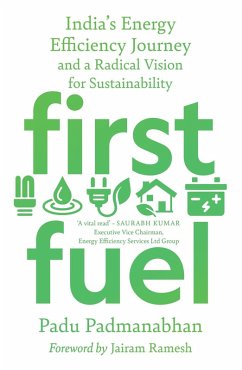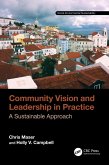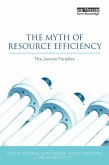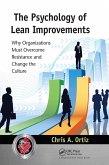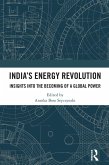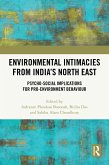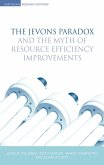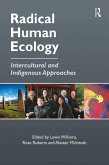'Authoritative' Arunabha Ghosh, CEO, Council on Energy, Environment and Water, India
'A must-read' Ashok Sarkar, Senior energy specialist, World Bank
The historic oil crisis of 1973, which permanently altered significant economic policies worldwide, marked a turning point in India's energy odyssey, putting the country on the path towards energy efficiency. A young energy researcher at the National Productivity Council at the time, Padu Padmanabhan soon found himself at a juncture that would lead him to the many watershed moments of this journey.
Drawing on his extensive subsequent experience at the United States Agency for International Development in India and the World Bank, Padu takes us from the Nehruvian years of idealism, through the five-decade-long quest for fuel efficiency and energy conservation that ultimately paved the way for the shift towards energy-efficient practices. Simple yet highly effective, energy efficiency has come to be known as our first fuel - an inexhaustible source of energy that may be one of the most viable means of combating the consequences of climate change and the indiscriminate use of natural resources. Through lessons gleaned from the implementation of past energy-efficient technology, Padu shows us how this 'fuel' can be harnessed for a sustainable future.
First Fuel is an invaluable account for not only energy-sector professionals but anyone interested in understanding what it takes to achieve energy efficiency and why we need to urgently adopt such practices. It recommends vital policy and regulatory changes and, in so doing, presents a radical new vision for energy and all its users living in the most critical of times.
Dieser Download kann aus rechtlichen Gründen nur mit Rechnungsadresse in A, B, BG, CY, CZ, D, DK, EW, E, FIN, F, GR, HR, H, IRL, I, LT, L, LR, M, NL, PL, P, R, S, SLO, SK ausgeliefert werden.

